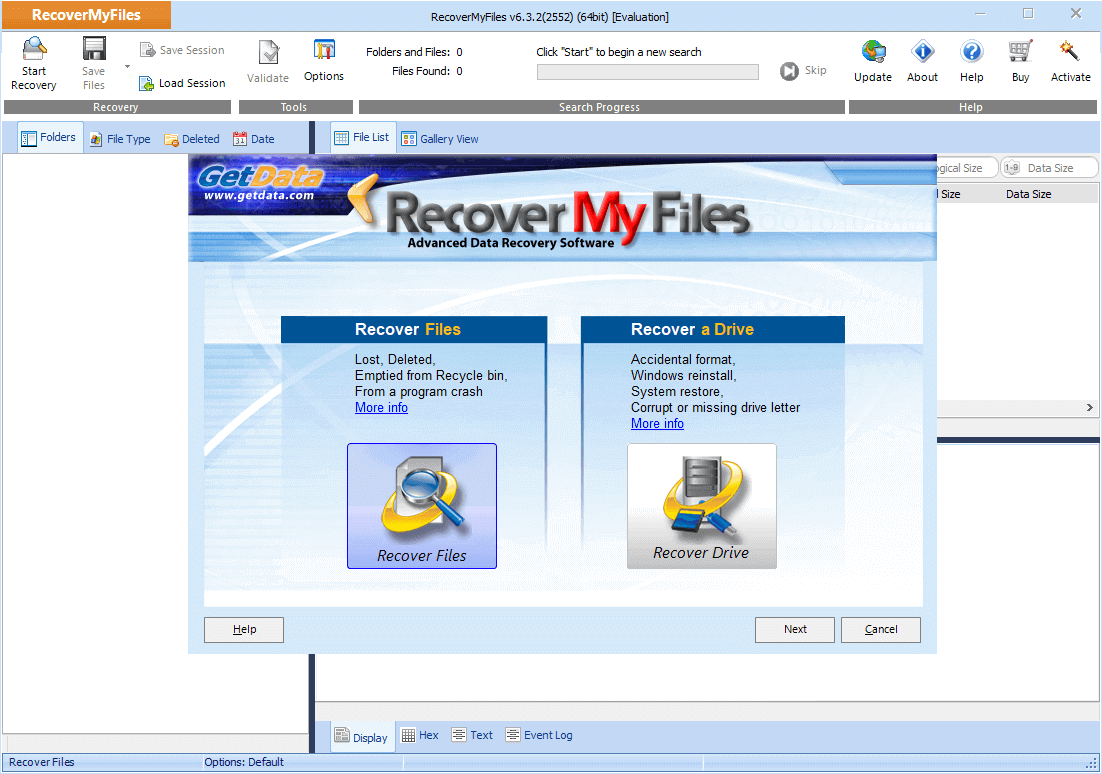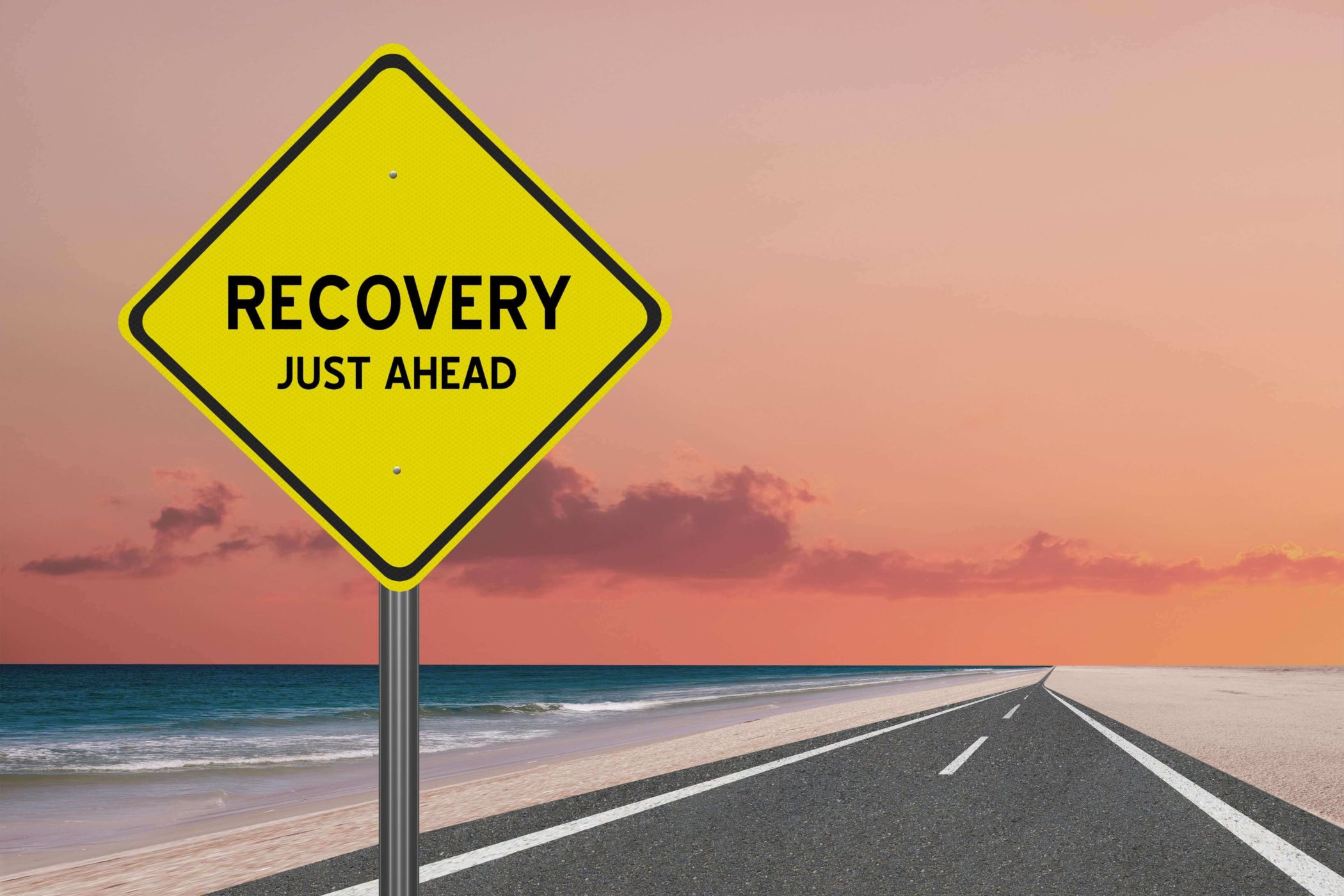How To Recover From Flu Quickly - Your Guide To Feeling Better
Feeling like you have been hit by a truck, with aches, chills, and a general sense of being unwell? That feeling of being really unwell, which often comes with the flu, can truly bring a person down. It is that time of year when many people find themselves battling the sickness that seems to linger, making everyday tasks feel like a huge effort. This sickness, the flu, can really make you feel quite low, and it is something most of us have to deal with at some point.
When you are feeling this way, you naturally want to get back to feeling like yourself as soon as you can. It is that desire to shake off the symptoms and regain your usual energy. You want to know what steps you can take to shorten the time you spend feeling ill and return to your daily routine. There are, as a matter of fact, many things you can do to support your body's efforts to get better, and to ease the discomfort that comes with this common sickness. We are going to talk about some practical ways to help you feel better without much delay.
This guide will walk you through a collection of helpful suggestions, gathered from various sources, that focus on getting you back on your feet. We will look at simple actions you can take right from your home, what kind of support your body needs, and when it might be a good idea to talk to a doctor or nurse. So, if you are looking for ways to feel well again, or just want to be prepared, keep reading to learn how to recover from flu quickly and with more comfort.
Table of Contents
- What Does Flu Recovery Look Like?
- How to Recover from Flu Quickly - The Basics
- Are There Medications to Help You Recover from Flu Quickly?
- Can Home Remedies Help You Recover from Flu Quickly?
- When Should You Seek Medical Care to Recover from Flu Quickly?
- What About Preventing the Flu and How to Recover from Flu Quickly?
What Does Flu Recovery Look Like?
When you get the flu, everyone experiences it a little bit differently, of course. Yet, the way your body gets over it tends to follow a general pattern. Symptoms, like a sudden fever, a cough that won't quit, a sore feeling in your throat, or a stuffy nose, often show up without much warning. These feelings of being unwell usually stick around for about three to seven days. Most people, in fact, find themselves feeling completely better within two weeks of first getting sick. It is a bit like a predictable path your body takes to get back to normal.
Sometimes, people might think they have the flu when it is actually a common cold, or maybe even another kind of breathing illness. Knowing the difference can help you understand what to expect from your body as it works to get well. The flu often comes with a more intense feeling of sickness, like body aches and a feeling of being very tired, which are not always as strong with a cold. Understanding these differences can help you manage your expectations for how long you will feel unwell and what kind of support your body might need. Basically, the flu can really knock you down for a while, but your body is pretty good at getting back up.
The path to getting well from the flu is, in some respects, a journey for your body. It is working hard to fight off the sickness. This process involves different stages, from the first signs of feeling unwell to the point where you are back to your usual self. Knowing these stages can help you feel more in control of the situation and understand why you might feel certain ways at different times. It can also help you figure out the best ways to support your body through each step, making the whole experience a little less difficult. So, while it is not a pleasant experience, there is a general timeline you can keep in mind.
How to Recover from Flu Quickly - The Basics
When you are trying to get over the flu in a timely manner, there are a few very simple yet powerful things you can do. These actions are often the first line of defense and can make a big difference in how you feel and how fast you get back to your regular activities. They are about giving your body what it needs most when it is working hard to fight off an illness. These basic steps are often overlooked, but they are, in fact, the foundation of getting well. We will talk about staying well-hydrated, getting plenty of rest, and staying away from places like work or school.
Think of it like this: your body is running a marathon against the flu, and it needs fuel and recovery time. Staying home from your usual activities is not just about protecting others from getting sick, which is important, but it is also about giving your body the full chance to put all its energy into healing. When you push yourself to go to work or school, you are essentially asking your body to do two big jobs at once: fight the flu and deal with daily demands. This can make the process of getting well take much longer, and it can make you feel worse in the meantime. So, giving yourself permission to just be at home is a very smart move.
Beyond staying home, the two most important things you can do are to drink enough fluids and to allow your body to truly rest. These two actions are, basically, non-negotiable when you are sick with the flu. They work together to support your body's natural defenses and help it recover its strength. We will explore why each of these is so important and how you can make sure you are doing them effectively. You know, sometimes the simplest things are the most powerful when it comes to feeling better.
Why is Rest So Important for How to Recover from Flu Quickly?
Rest is, quite simply, a vital part of getting better when you have the flu. Your body uses a lot of energy to fight off the virus that causes the flu. When you are resting, especially when you are sleeping, your body can direct more of its resources to its immune system. This means your body can work more effectively to get rid of the sickness. If you try to keep going at your normal pace, you are, in a way, taking energy away from the healing process. This can make your recovery take longer and make your symptoms feel much worse.
Think about it like this: when you are awake and active, your body is busy doing all sorts of things, like moving around, thinking, and digesting food. All these activities require energy. When you are asleep or just lying down, your body can shift that energy to where it is most needed, which is fighting the infection. It is a bit like closing down all the non-essential operations so the main factory can focus on its most important job. This focused effort is what helps you to recover from flu quickly. So, do not feel bad about spending a lot of time in bed or on the couch.
This means not just lying down, but truly giving your body a break from all kinds of demands. That includes taking a break from screens, from stressful thoughts, and from any kind of physical effort. It is about creating an environment where your body can fully concentrate on healing. Some people find it helpful to have a quiet, dark room, and to just let themselves drift off to sleep whenever they feel tired. This kind of deep rest is really what your body is asking for when you are feeling unwell. It is, honestly, one of the best gifts you can give yourself during this time.
How Does Hydration Help You Recover from Flu Quickly?
Staying well-hydrated is another cornerstone of getting better when you are battling the flu. When you have a fever, your body loses fluids at a faster rate than usual. Also, symptoms like a runny nose or sweating can contribute to this fluid loss. If you do not replace these fluids, you can become dehydrated, which can make you feel even worse and actually slow down your body's ability to heal. Dehydration can lead to headaches, dizziness, and a general feeling of being very weak. So, keeping up with your fluid intake is, basically, a must.
What kind of fluids should you be drinking? Water is, of course, always a good choice. But you can also drink clear broths, sports drinks that help replace electrolytes, or even diluted fruit juices. Warm liquids, like herbal teas or warm water with a little honey and lemon, can also be very soothing for a sore throat and help with congestion. The goal is to keep a steady supply of fluids going into your body throughout the day, even if you do not feel very thirsty. It is about giving your body the tools it needs to function properly while it is under stress.
Think of your body's systems like a complex machine that needs enough liquid to run smoothly. When you are sick, some of those parts might be working overtime, and they need that fluid to keep going. It helps to thin out mucus, making it easier to clear from your airways. It also helps your kidneys work properly, which is important for clearing waste products from your body. So, making sure you are drinking enough is a very simple yet incredibly effective way to support your body and help it to recover from flu quickly. Keep a bottle of water or a mug of tea nearby at all times, you know, just to remind yourself to sip regularly.
Are There Medications to Help You Recover from Flu Quickly?
When you are feeling really unwell with the flu, you might wonder if there is something you can take to speed up your recovery. There are, actually, two main types of medications that can help: over-the-counter options and prescription antiviral drugs. Many people can manage their flu symptoms quite well at home using things you can buy without a doctor's note. These typically help with specific symptoms, making you feel more comfortable while your body does its work. They are not really about getting rid of the virus itself, but about easing the discomfort it causes. So, you might take something for a fever, or for aches and pains.
Over-the-counter medications can include pain relievers and fever reducers, like acetaminophen or ibuprofen. These can help bring down a high temperature and lessen those body aches that often come with the flu. There are also cough suppressants for a nagging cough, and decongestants for a stuffy nose. It is important to read the labels carefully and follow the instructions for how much to take and how often. Some cold and flu remedies combine several ingredients, so you need to be careful not to double up on certain medications if you are taking more than one product. Basically, these are for making you feel a bit more human while you are sick.
For some people, particularly those at higher risk of complications, a doctor might prescribe antiviral medications. These are different from antibiotics, which fight bacteria, because antivirals specifically target the flu virus itself. The thing about these prescription drugs is that they are most effective if you start taking them very early on, ideally within the first 48 hours after your symptoms first show up. If you begin them within this window, they can potentially shorten the length of your illness and make your symptoms less severe. This is why it is important to contact a healthcare provider quickly if you think you have the flu and are in a high-risk group. They are, in a way, a race against the clock.
Can Home Remedies Help You Recover from Flu Quickly?
Beyond medications, many people find comfort and some relief from flu symptoms by using various home remedies. These are often simple things you can do with items you might already have around your house. They are not meant to replace medical care, but they can certainly help you feel a bit better while your body is working to get well. These remedies focus on soothing symptoms like a sore throat, congestion, and general discomfort. You know, sometimes the old-fashioned ways are still pretty good.
For a sore throat, for instance, gargling with warm salt water can offer some temporary relief. The salt water can help reduce swelling and wash away irritants. Drinking warm liquids, like chicken soup or herbal teas with honey, can also be very soothing. The warmth can help calm your throat and the steam from the hot liquids can help loosen mucus. Honey itself has properties that can help calm a cough. These are simple actions that can make a noticeable difference in your comfort level. So, reach for that kettle and a mug.
To help with congestion, using a humidifier in your room can add moisture to the air, which can make it easier to breathe and help clear your nasal passages. Taking a steamy shower can have a similar effect. You can also try saline nasal sprays, which are just salt water solutions that can help rinse out your nose and reduce stuffiness. Applying a warm compress to your forehead or sinuses might also bring some comfort. These home-based approaches are, essentially, about making your environment more comfortable and helping your body's natural processes. They are, in fact, often recommended by health professionals as good supportive care when you are trying to recover from flu quickly.
When Should You Seek Medical Care to Recover from Flu Quickly?
While most people can get over the flu at home with rest and over-the-counter care, there are times when it is really important to talk to a doctor or nurse. Knowing when to seek professional help can prevent more serious problems and ensure you get the right kind of support. This is not about panic, but about being smart and listening to your body, especially if your symptoms seem to be getting worse or are not improving. You know, sometimes you just need an expert opinion.
If you are experiencing symptoms that are severe or concerning, it is time to reach out. This could include trouble breathing or shortness of breath, pain or pressure in your chest or stomach that does not go away, sudden dizziness, confusion, or severe or persistent vomiting. Also, if your flu-like symptoms improve but then come back with a fever and a worse cough, that could be a sign of another issue, like pneumonia, and definitely warrants a call to your doctor. These are, basically, red flags that your body needs more help than home care can provide.
Certain groups of people are also at a higher risk of developing complications from the flu, even if their initial symptoms do not seem severe. This includes very young children, older adults (especially those 65 and over), pregnant people, and individuals with certain long-term health conditions like asthma, diabetes, or heart disease. If you fall into one of these higher-risk categories, it is a good idea to contact your doctor early on, as soon as you think you have the flu. They might recommend antiviral medication or simply want to keep a closer eye on your condition to help you recover from flu quickly and safely. It is, in fact, always better to be safe than sorry when it comes to your health.
What About Preventing the Flu and How to Recover from Flu Quickly?
It might seem a bit odd to talk about preventing the flu when the main topic is how to recover from flu quickly. However, many of the habits that help you avoid getting sick in the first place are also very similar to the things that help you get better when you are unwell. This is not about performing strenuous exercises, of course, but about everyday practices that support your overall health and your body's ability to fight off illness. It is, in some respects, about building a strong foundation for your well-being.
Things like washing your hands often and thoroughly, especially after coughing or sneezing, can help stop the spread of germs. Avoiding touching your eyes, nose, and mouth can also reduce your chances of picking up the virus. These are simple actions that can make a big difference. When you are recovering from the flu, continuing these habits can help prevent you from spreading the virus to others in your home, and also protect you from catching another illness while your immune system is still a bit run down. So, good hygiene is, actually, a two-way street.
Getting enough sleep and eating a balanced diet are also key players in both prevention and recovery. When your body is well-rested and getting the right nutrients, it is better equipped to fight off infections. This means eating a variety of fruits, vegetables, and whole grains, and making sure you are getting enough protein. While you might not feel like eating much when you are sick, trying to get some nourishing foods in can really help your body regain its strength. It is, basically, about giving your body the fuel it needs to do its job, whether that job is staying well or getting well.

Photo Recovery: Image Recovery Software Free Download

Can People Fully Recover From Addiction? Does it Go Away

Recovery Assistance | Recovery